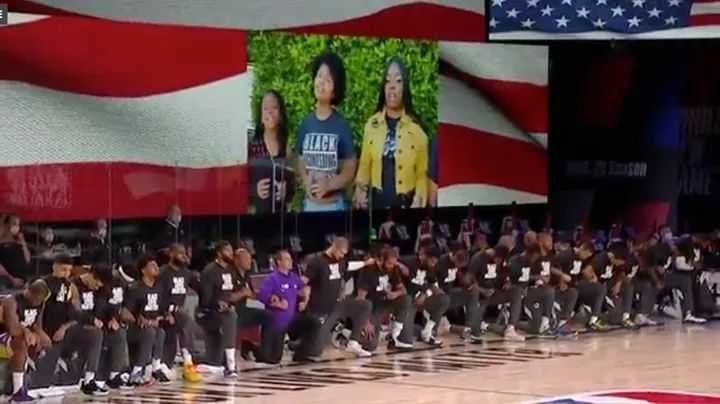Peace groups highlight plight of displaced civilians, ‘bakwit’ voices in Marawi standoff
Dubbed“Kambabid-babid” a Maranao term for “intertwining” or “Kapit-bisig” – the essence of neighbors reaching out to each other in trying times—civil society from Mindanao, Luzon and Visayas, composed mainly of peace and human rights organizations, conducted a solidarity and peace mission in Marawi City from June 20-21 to express empathy and listen to the untold stories of affected communities and evacuees displaced by the continuing armed conflict between government armed forces and combined elements of the Maute and Abu Sayyaf groups.
Initiated by the Mindanao Peaceweavers (MPW) with its allied peace partners Balay Mindanaw Foundation, Inc (BALAY), Maranao people Development Center, Inc (MARADECA) and the Ranao Rescue Team, the 70-member peace mission expressed solidarity to the peoples of Marawi through a variant of what they call “Duyog Ramadhan”—a traditional solidarity activity among non-Moro peace advocates to promote interfaith, cultural understanding and dialogue during Ramadhan.
The mission engaged in conversations residents from the displaced communities now seeking refuge in Iligan and Cagayan De Oro. According to reports, the number of internally displaced persons (IDPs) continue to swell with more than 300,000 IDPs scattered in evacuation camps and relatives in areas in Lanao del Sur.
MPW secretary general Gus Miclat said, “We did not bring any rice, sardines, canned goods, noodles or anything. What we bring is our presence, our ears, our hearts, our love and our lives to share with the affected communities. In the midst of this unfortunate episode in Marawi, we can only offer our solidarity with the victims of war and their families which we believe is imperative.”
He added, “We respectfully appeal especially to our friends in the media to continue to highlight the plight of the evacuees, specially the women and children, the collective desire of the victims of armed conflict “just to go home” and rebuild their communities. Visit them, listen to their stories and their struggles for survival and being resilient.”
Miclat stressed, “Our peace mission witnessed the humanitarian face of the ongoing armed hostilities in Marawi—this could probably be the result of our collective failure to deliver what needs to be delivered; to hear what needs to be heard. This war must stop and it is crucial to help facilitate the safe and dignified return of the displaced to their respective communities and restore their lost livelihood.”
The latest figures released by the Department of Social Welfare and Development (DSWD) show that the number IDPs has reached 68,512 families (334,304 individuals). They are sheltered in 83 registered evacuation centers. Meanwhile, those who opted to seek refuge in the homes of relatives or other places are 60,029 families (293,069 individuals). IDPs have been noted in several provinces in Visayas and Mindanao.
The peace mission likewise held a dialogue with the Joint Task Force Marawi at their headquarters in Marawi City on June 20 and met with Brig. Gen. Rolly Bautista, Commander of Joint Task Force Marawi and Lt. Col. Jo-ar Hererra, spokesperson of Task Force Marawi.
MPW during the dialogue with the Joint Task Force Marawi asserted the primacy of the peace process and participation of the people and civil society as a long-term solution to Mindanao conflict and the importance of securing the lives of innocent civilians in times of war. Lt. Col. Herrera affirmed that a military solution alone will not solve the terror problem. “Addressing the roots of the conflict and unpacking its underlying structural problems is the only way to arrive at a sustainable solution”, Miclat concluded.
- Kaspersky Lab helps uncover vulnerabilities on gas stations by hackers - February 12, 2018
- 26-percent of Ransomware Attacks now target business - November 30, 2017
- The Battle is on to Fight Human Immunodeficiency Virus (HIV) - November 27, 2017





